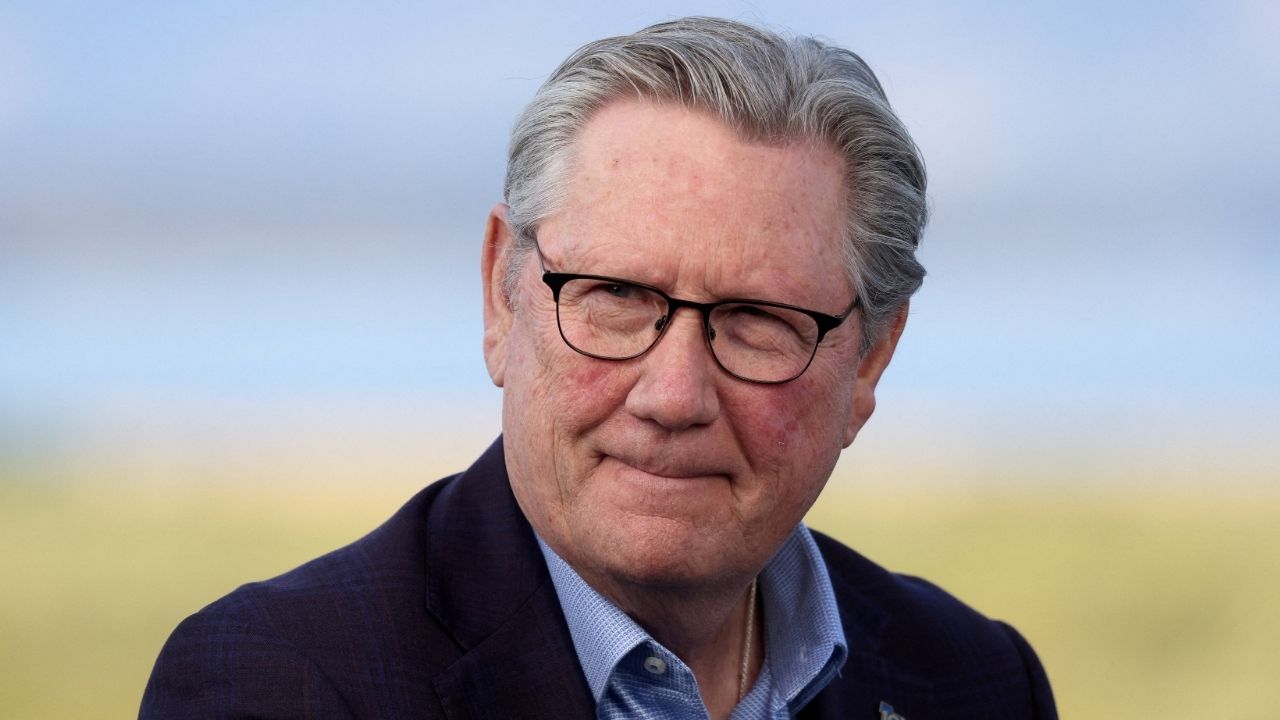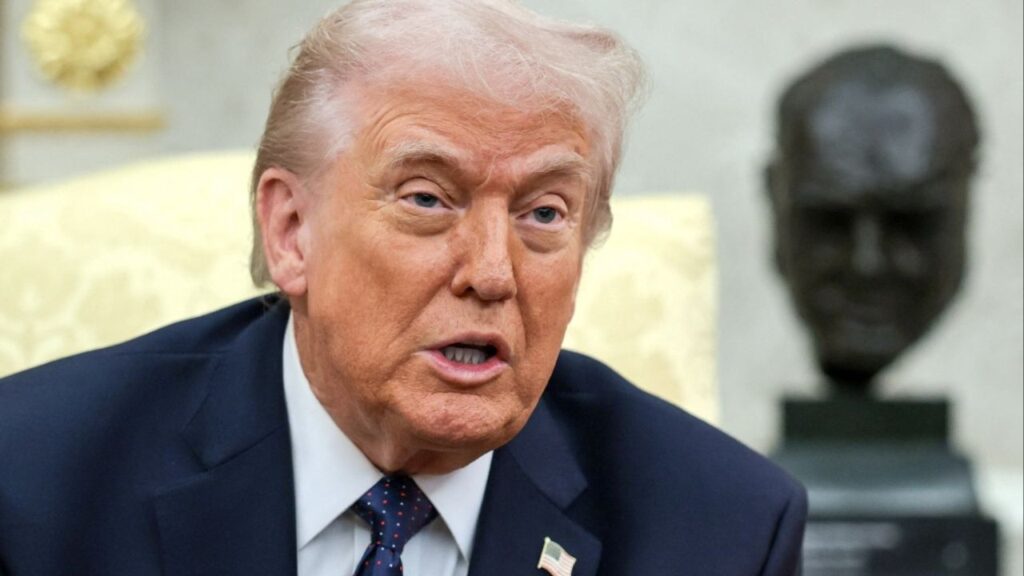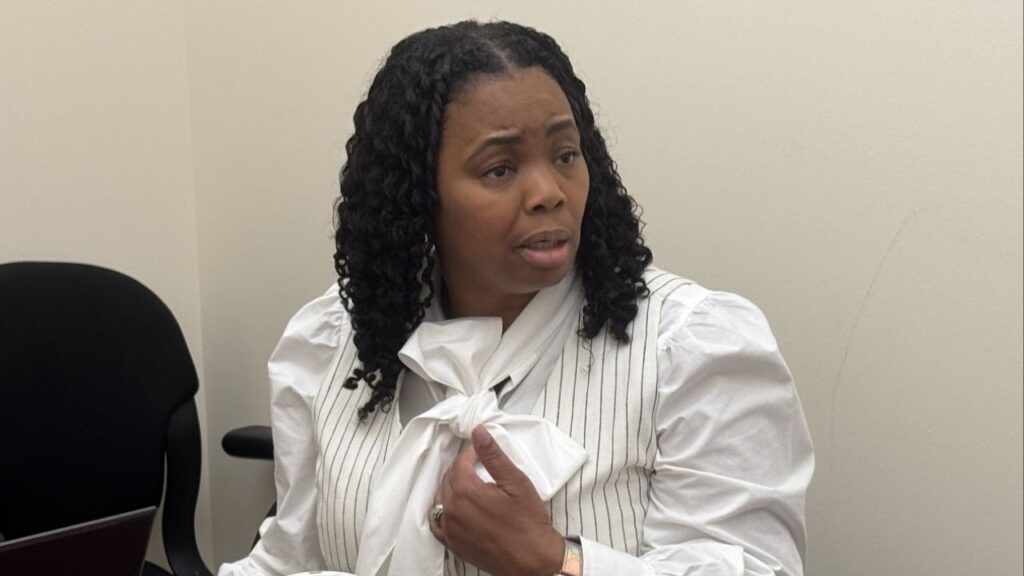Kansas City Federal Reserve President Jeffrey Schmid attends the Federal Reserve Bank of Kansas City's 2025 Jackson Hole Economic Policy Symposium, "Labor Markets in Transition: Demographics, Productivity, and Macroeconomic Policy", in Jackson Hole, Wyoming, U.S., August 21, 2025. (Reuters File)
Share
|
Getting your Trinity Audio player ready...
|
WASHINGTON — Kansas City Fed president Jeffrey Schmid said on Friday that he dissented against cutting interest rates this week out of concern that continued high inflation and signs of price pressures spreading in the economy could raise doubts about the central bank’s commitment to its 2% inflation target.
To the extent there is weakness in the labor market, the rationale for this week’s reduction in borrowing costs, Schmid said it “more likely than not” involves structural changes in technology and demographics not the state of underlying demand that, judging from healthy consumer spending and business investment, shows the economy still has momentum.
“I do not think a 25-basis point reduction in the policy rate will do much to address stress in the labor market,” Schmid said in a written release explaining his dissent in Wednesday’s 10-2 vote to lower the policy rate to the 3.75% to 4% range. Fed Governor Stephen Miran also dissented, but in favor of a larger cut of a half point.
A cut, however, “could have a longer lasting effect on inflation if the Fed’s commitment to its 2% inflation target comes into question,” Schmid said.
Though the ongoing federal government shutdown has stopped the flow of official data, recent reports suggest the Fed’s preferred measure of inflation is increasing at about a 2.8% annual pace.
Schmid said contacts in his midwestern district express “widespread concern overcontinued cost increases and inflation. Rising healthcare costs and insurance premiums are top ofmind. In the data, inflation is spreading across categories, both goods and services.”
“The economy is showing continued momentum,” Schmid said. “With inflation still too high, monetary policy should lean against demand growth…and relieve price pressures in the economy.”
Current policy, he said, is only “modestly restrictive,” while the labor market “is largely in balance.”
—
(Editing by Chizu Nomiyama)
RELATED TOPICS:
Categories

Reddit Goes Down for Thousands of Users, Downdetector Shows


















